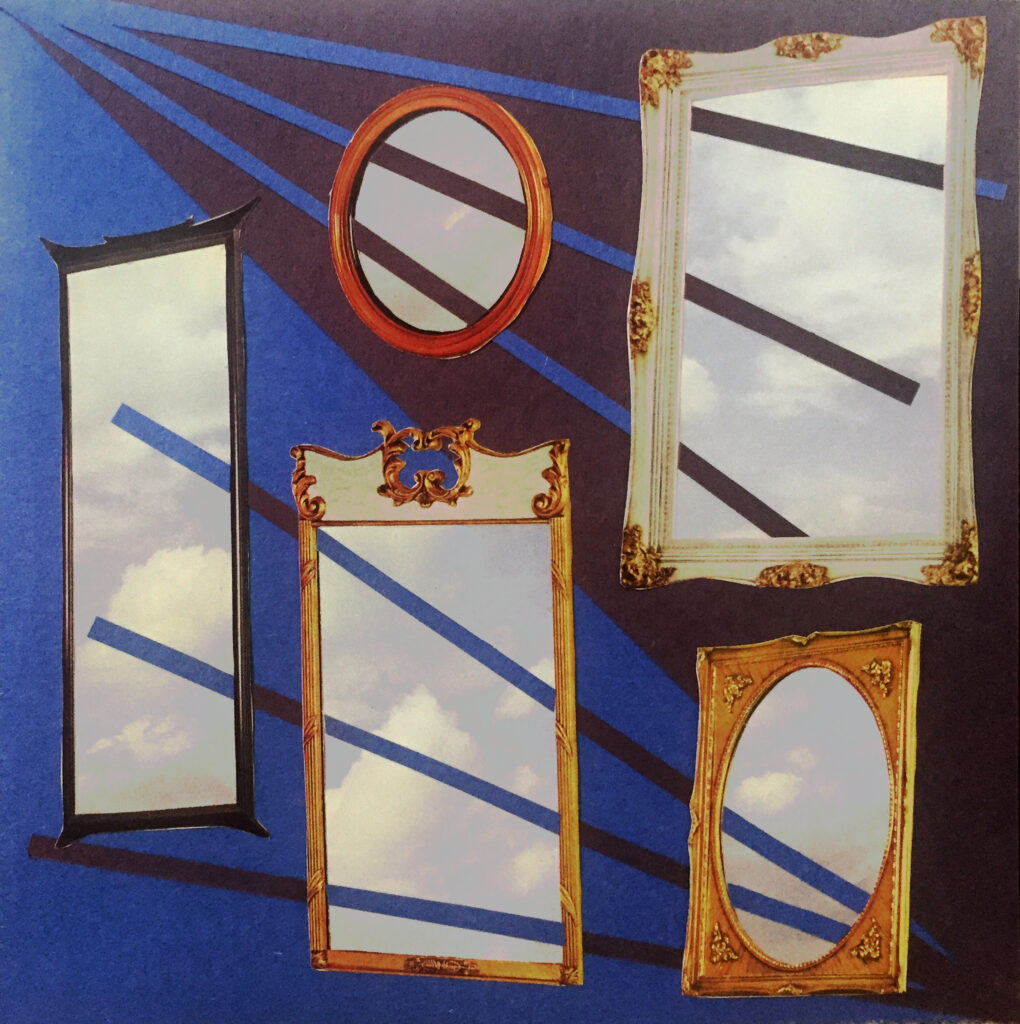už devynių jūrų
She writes Gyvenimas on the board. Says that there is birth and death and that gyvenimas, life, is the space in between.
It is not three weeks since my sister’s suicide, and I am five thousand miles away from home learning Lithuanian, a language that shouldn’t have survived the German invasion.
Still, I copy issaaugojimas, preservation, in my notebook.
Most Lithuanians believe they preserved their language through love and tenacity. My instructor says it was pure luck. She thinks now that kids watch too much American TV, learn too many English words in school. She shares statistics. Worries that the language is dying.
I teach English at a Jewish school, in a room made of cinderblock walls in a space so tight it can barely contain us. My youngest student, Karina, carries a backpack twice her size, slouches beneath the weight, asks me how to say “save” in her native language, asks me what it means.
I can’t help, and I know that I am implied in the death.
The word for death, destruction, erasure, is sunaikinamas. It comes from Sunaik, which means pain, and namas, which means family home. So then, to speak of destruction in Lithuanian is, always, to speak of the pain of one’s family.
Karina tells me that sunaikinamas also means Holocaust. We make sculptures in class and try to turn grit into art. She asks me if she can model The Peitav-Shul, her synagogue.
The Peitav-Shul is white, gentle, unassuming. It looks, I suppose, like all the others. When I visit, I learn that it was the only Baltic synagogue to survive the Holocaust. That it would have burned too, except that it was built too close to Nazi structures. The Peitav-Shul was saved by inches.
Meile, a word for love, comes from the same root as the English word, “mile,” So then, to speak of love in Lithuanian is, always, to speak of distance.
When I meet Rosa, Karina’s great grandmother, she tells me about the miles she traveled from Poland to Lithuania with her family. Tells me about how she escaped. Tells me about how she lost her mother on the way, tells me about how the Nazis invaded Lithuania two years later.
I try to tell her she’s a survivor, but there is no direct translation. The language allows a space for those who live, but not for those who barely live.
She teaches me, sekasi, lucky. Shows me examples in her Torah, and I understand that I am sekasi too, because the chances of inheriting mental illness when both parents have it are fifty percent.
Sekasi, like lamb’s blood smeared on the door.
Sekasi, like being one of two daughters.
When my students’ mothers wave them off to school, I hear them use a different word for love. Nulus comes from the root nil. It means emptiness, nothing, zero.
Before the Holocaust, there were 250,000 Lithuanian Jews. I read now that there are somewhere between one and two thousand. Rosa says she doesn’t want to know the number, doesn’t need to count the bodies. She knows, has always known, that to know love, is, always, to know loss.
I never saw the body, never watched the space collapse. I did feel the grain of the remnants against my skin, did try to count the ashes one by one as I let them go.
On the last day of school, we finish sculpting, Karina slips and her Pietav-Shul shatters. She asks me in English if I can fix it.
We sit together on the floor and lean against the walls, surrounded by all the pieces.
Kylie Smith is a Nonfiction Writer based out of Logan, Utah. She is an MA candidate in Utah State University’s Literature and Writing program where she studies beneath Jennifer Sinor. Her previous work appears in Sink Hollow Literary Journal.
